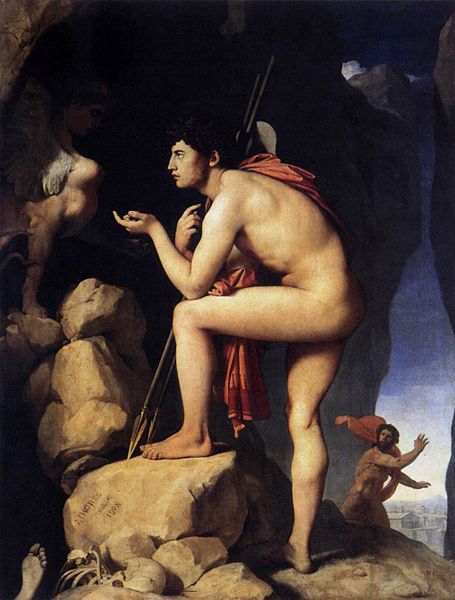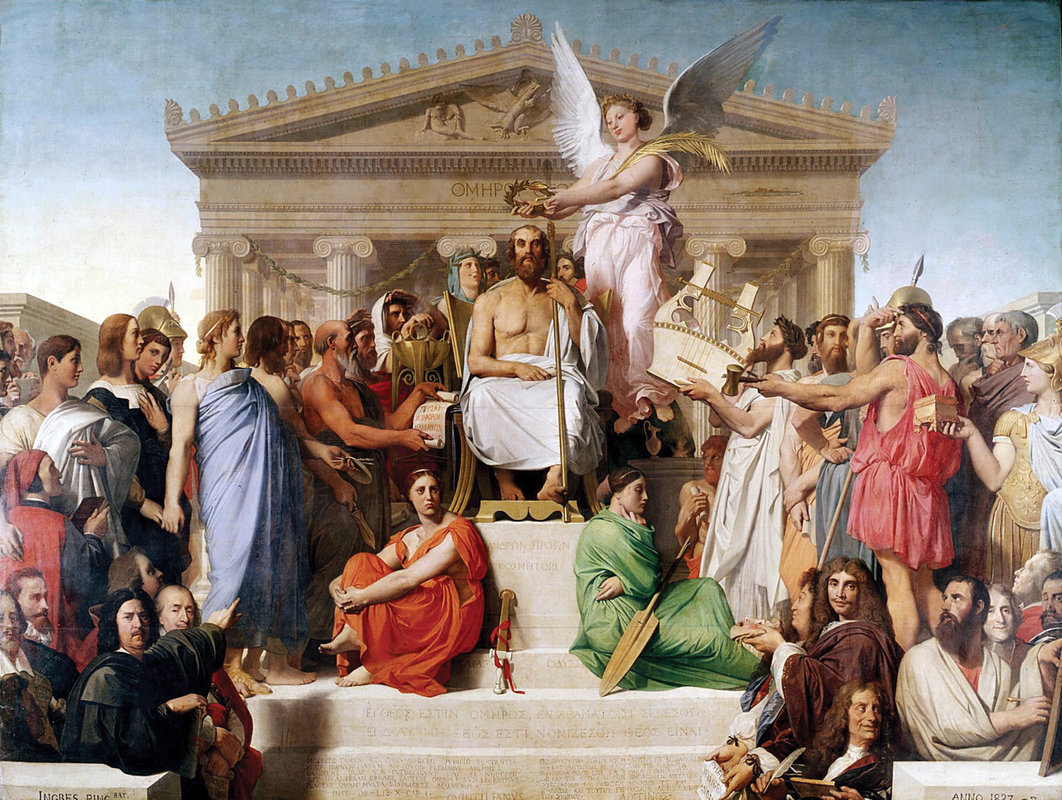ART AND THE BEAUTIFUL
There are not two arts, there is only one: it is the one which has as its foundation the beautiful, which is eternal and natural. Those who seek elsewhere deceive themselves, and in the most fatal manner. What do those so-called artists mean when they preach the discovery of the "new"? Is there anything new? Everything has been done, everything has been discovered. Our task is not to invent but to continue, and we have enough to do if, following the examples of the masters, we utilize those innumerable types which nature constantly offers to us, if we interpret them with wholehearted sincerity and ennoble them through that pure and firm style without which no work has beauty.
STUDY THE ANTIQUE
To claim that we can get along without study of the antique [i.e. the works of the past] and the classics [i.e the products of ancient Greece and Rome] is either madness or laziness. Yes, anti-classic art, if one may even call it an art, is nothing but an art of the lazy. It is the doctrine of those who want to produce without having worked, who want to know without having learned; it is an art as lacking in faith as in discipline, wandering blindly because of its having no light in the darkness, and demanding that mere chance lead it through places where one can advance only by means of courage, experience, and reflection.
ART, NATURE, AND FASHION
Let me hear no more of that absurd maxim: "We need the new, we need to follow our century, everything changes, everything is changed." Sophistry -- all of that! Does nature change, do the light and air change, have the passions of the human heart changed since the time of Homer? "We must follow our century": but suppose my century is wrong. Because my neighbor does evil, am I therefore obliged to do it also? Because virtue, as also beauty, can be misunderstood by you, have I in turn got to misunderstand it? Shall I be compelled to imitate you!

Jean-Auguste-Dominique-Ingres, Oedipus and the Sphinx (1808-1825)
